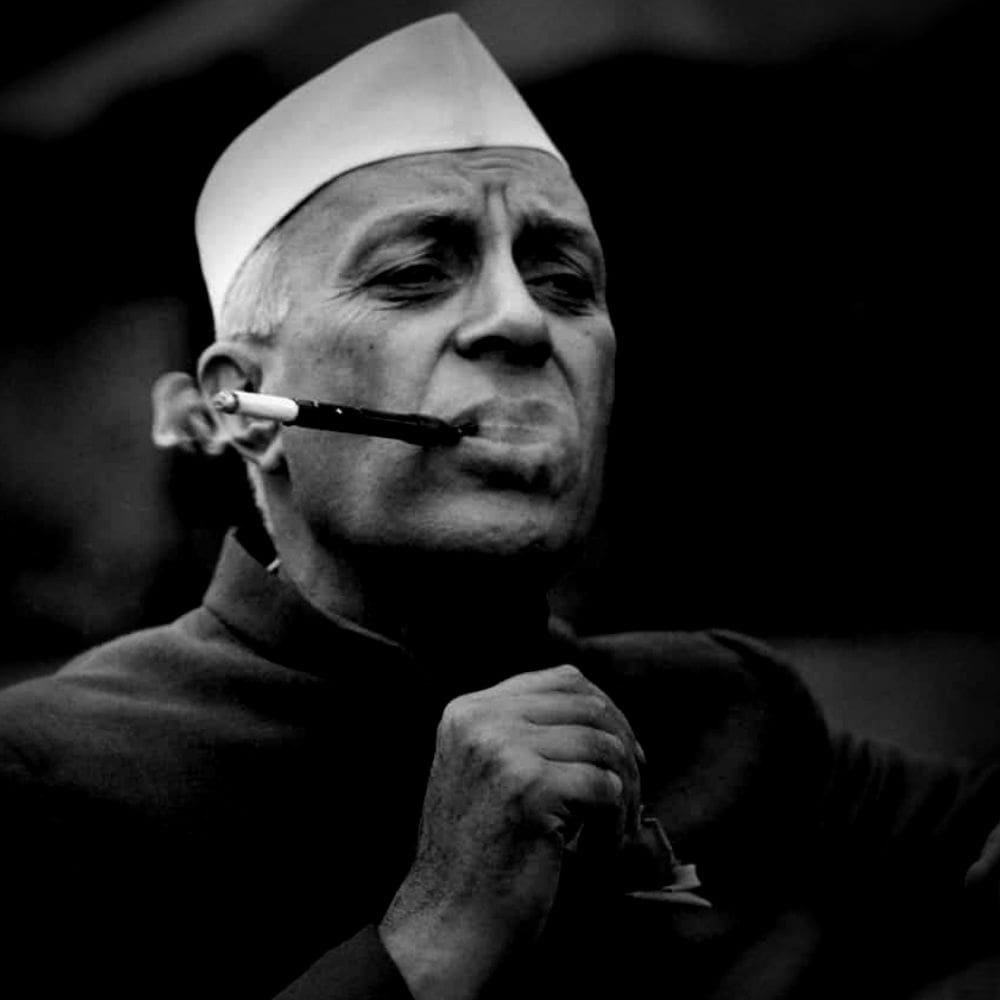INDIA VS. THE US & THE WEST
India would have gained immensely had it aligned with the West, or had at least been pro-West, or bent a little towards them, especially the US and the UK. Had that been so perhaps there would have been no Kashmir issue, and neither China nor Pakistan would have dared to attack India. Besides, had we adopted the free-market capitalist economy of the West, we would have been in a far, far better shape, and perhaps by 1980 India would have been a first-world nation. Instead, Nehru, although he talked non-alignment, showed his bias towards the Communist bloc. That was because Nehru was basically a Marxist-socialist in outlook. Notably, during the 1962 India-China war, while the communist or the non-aligned nations did not come to India’s help, it was the US, of whom the Nehru&Co were very critical, that came to the rescue of India.
With the US, a country vitally important to the India’s interests, Nehru’s attitude was indifferent, as would be obvious from what follows. Wrote Arthur Schlesinger Jr, Special Assistant to President Kennedy and a distinguished historian, on Nehru’s visit to the US in 1961 in his book: “His [Nehru’s] strength was failing, and he retained control more by momentum of the past than by mastery of the present… Nehru listened without expression… In conversation he displayed interest and vivacity only with Jacqueline [Kennedy]… The private meetings between the President and the Prime Minister were no better. Nehru was terribly passive, and at times Kennedy was hard put to keep the conversation going… It was, the President said later, like trying to grab something in your hand, only to have it turn out to be just fog… The following spring, reminiscing about the meeting, Kennedy described it to me as ‘a disaster; the worst Head of State visit I have had’… It was certainly a disappointment, and Kennedy’s vision of India had been much larger before the visit than it would ever be again. Nehru was obviously on the decline; his country, the President now decided, would be increasingly preoccupied with its own problems and turn more and more into itself. Though Kennedy retained his belief in the necessity of helping India achieve its economic goals, he rather gave up hope, after seeing Nehru, that India would be in the next years a great affirmative force in the world or even in South Asia.
About Nehru’s visit to the US in 1961, wrote Stanley Wolpert:
“The long flight had wearied Nehru, but he perked up as soon as he saw Jackie [Jacqueline Kennedy] and was most excited by the prospect of her imminent visit to India with her lovely sister, both of whom he invited to stay in his house, in the suite that Edwina had always occupied. But Kennedy found Nehru so unresponsive in their talks—which for the most part turned out to be Kennedy monologues—that he later rated his summit with Nehru as ‘the worst State visit’ he had ever experienced. Nehru’s age and reluctance to ‘open up’ in Washington proved most frustrating to his young host, who also found infuriating Nehru’s focus on his wife and his inability to keep his hands from touching her.”
This is what Kuldip Nayar wrote on the same visit: “Kennedy organised a breakfast meeting between Nehru and top US economists and foreign policy experts. Nehru was late for the meeting and generally monosyllabic in his responses. The breakfast ended in 20 minutes. Some of them reported this to Kennedy who remarked in the presence of his aides that Nehru had ‘lived too long’.”
Apparently, Nehru’s actions and behaviour were dictated more by his personal predilections, his arrogance, and his leftist, pro-USSR, pro- communist bend, than by what was in the best interest of an emerging nation like India. Wrote MN Roy:
“For her economic development India requires foreign financial aid which can come only from the United States. The latter had repeatedly expressed readiness to extend the help as in the case of Europe. But Nehru’s foreign policy has prevented India from receiving the help she requires. From this point of view his visit to the U.S.A. was an all-round failure. It yielded no concrete result, and pleased nobody except himself. He disappointed American statesmen by his refusal to take sides in cold war, and annoyed businessmen by the morbid suspicion of political strings attached to foreign capital… The all-round failure and disappointment were due to the Actor’s [Nehru’s] desire to draw applause from the world leftist gallery, and also to increase his popularity with the vocal middle class at home by pandering to their national conceit.”
The New York Times described Nehru as “one of the greatest disappointments of the post-war era”.


